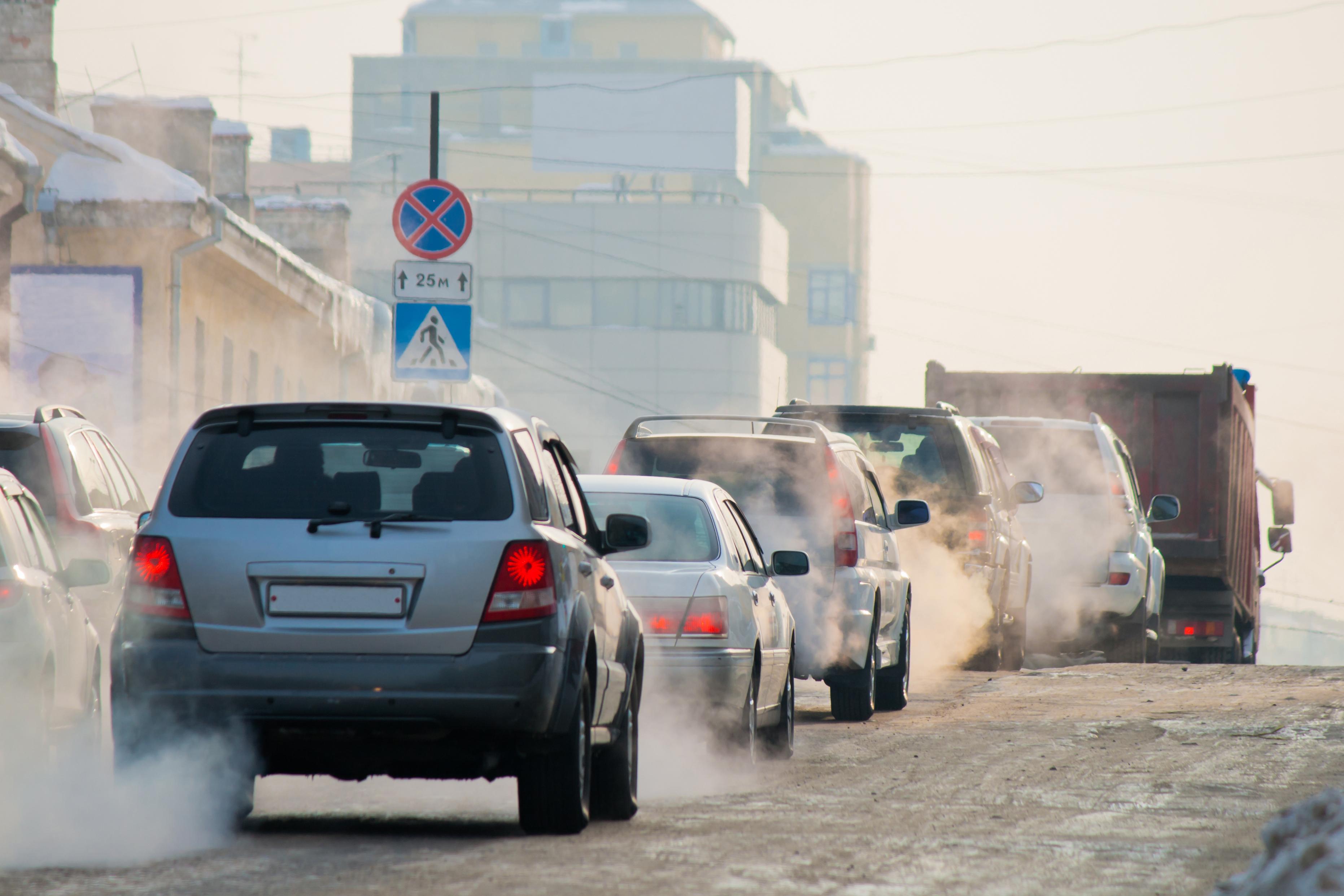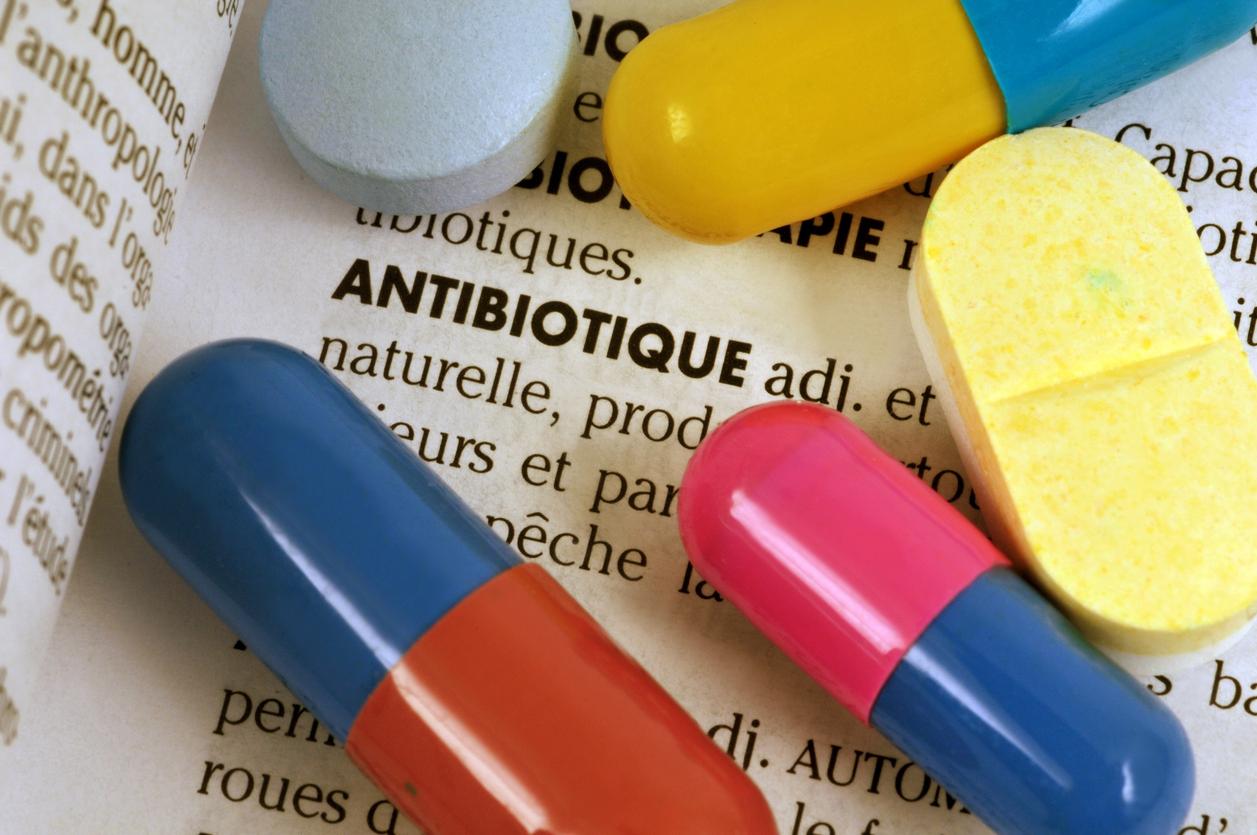A Chinese study observed a correlation between high levels of air pollution and increased resistance to antibiotics.

- Misuse of antibiotics promotes antibiotic resistance.
- Air pollution is also associated with an increase in antibiotic resistance.
- Antibiotic resistance could increase by 17% if the level of air pollution does not decrease, according to the researchers.
Antibiotic resistance is the ability of a bacterium to resist the action of an antibiotic. Misuse and overuse of these medications can contribute to this serious phenomenon. A study, published in the journal The Lancet Planetary Health, also linked air pollution to antibiotic resistance.
Rise in air pollution linked to rise in antibiotic resistance
To reach this conclusion, scientists from Zhejiang University (China) developed a large data set to determine whether PM2.5, particles 30 times smaller than the width of a human hair, are factors responsible for antibiotic resistance. As part of this research, they used data from 116 countries between 2000 and 2018. In total, data on more than 11.5 million test isolates were included in the analysis, including nine bacterial pathogens and 43 types of antibiotics.
According to the results, antibiotic resistance increases with PM2.5. The team found that every 1% increase in air pollution is associated with an increase in antibiotic resistance of between 0.5 and 1.9%, depending on the pathogen. The study also revealed that North Africa, the Middle East and South Asia have the highest levels of antibiotic resistance.
Antibiotic resistance and air pollution: researchers alert
In their report, the scientists also sounded the alarm: the level of antibiotic resistance could increase by 17% if no change takes place in the policies global efforts to reduce air pollution by 2050.
“Antibiotic resistance and air pollution are each one of the greatest threats to global health. Until now, we did not have a clear idea of the possible links between the two, but this work suggests that the benefits air pollution control could be two-fold: not only will it reduce the harmful effects of poor air quality, but it could also play a major role in controlling the increase and spread bacteria resistant to antibioticsnoted Professor Hong Chen, lead author of the study practicing at the University of Zhejiang (China).














